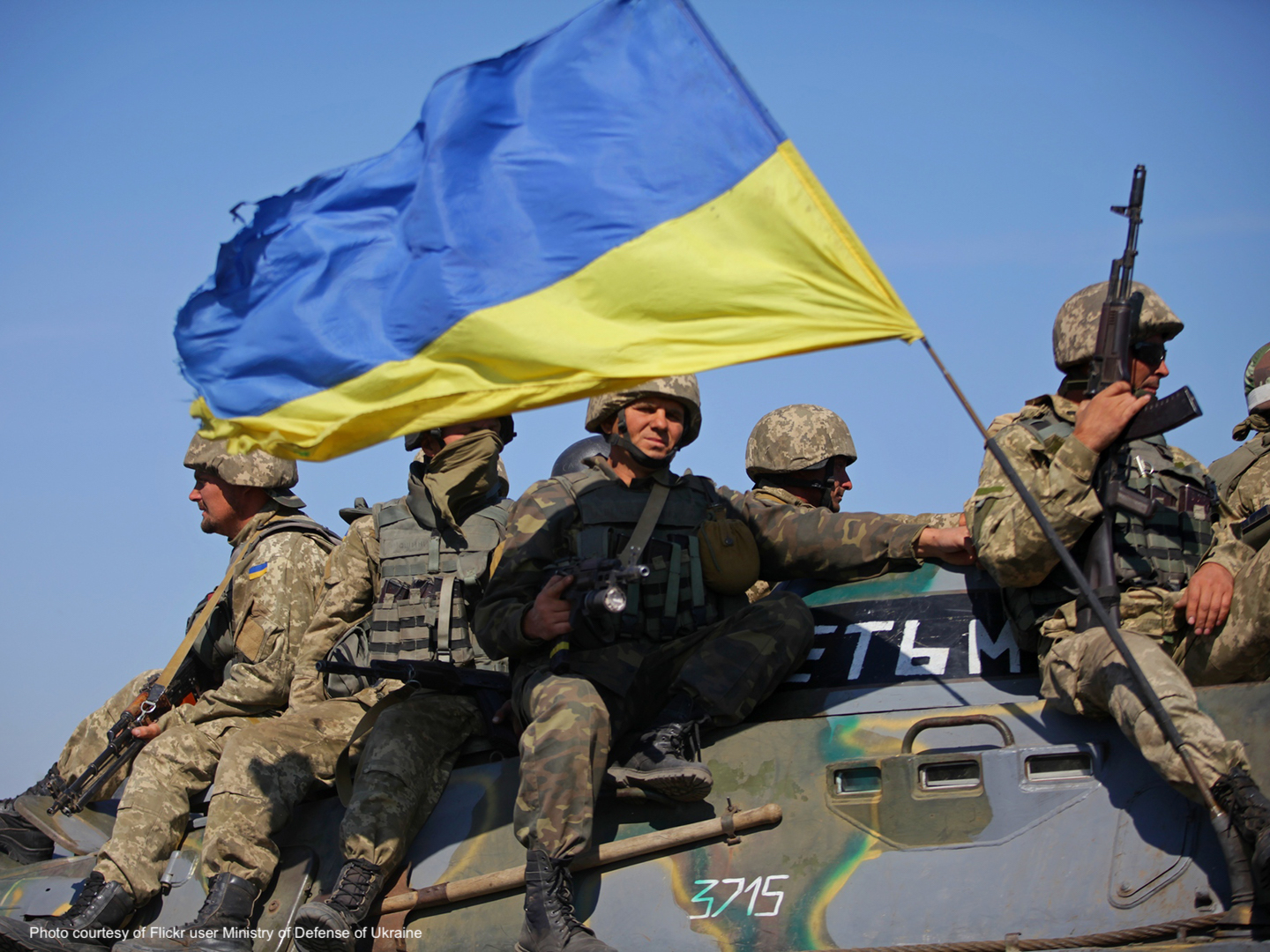The conflict in Ukraine continues to be a central issue in international relations, particularly in Europe. The recent debate over whether Ukraine should be allowed to use NATO weapons to target Russian territories has created a significant divide among European nations. This contentious issue has brought to light differing perspectives on security, international law, and the strategic approach to the conflict with Russia.
The Context of the Conflict
Ukraine has been embroiled in a conflict with Russia since 2014, when Russia annexed Crimea and supported separatist movements in Eastern Ukraine. The situation escalated in 2022 when Russia launched a full-scale invasion of Ukraine, leading to a devastating war. NATO and the European Union have largely supported Ukraine through economic sanctions against Russia and by supplying Ukraine with military aid, including advanced weaponry.
The Debate Over NATO Weapons
The core of the current debate centers on whether Ukraine should be permitted to use NATO-supplied weapons to strike targets within Russian territory. Proponents argue that Ukraine has the right to defend itself and that striking military targets in Russia could be a strategic move to weaken the Russian military. Opponents fear that such actions could escalate the conflict and draw NATO directly into a war with Russia.
Germany’s Position: Supporting the U.S. Stand
Germany, one of the most influential countries in Europe, has sided with the United States on this issue. The German Minister of Defense has publicly supported the notion that Ukraine should be allowed to use NATO weapons to defend itself comprehensively, which includes potentially striking Russian military installations.
Reasons for Germany’s Stance:
- Self-Defense: Germany believes that Ukraine has the right to defend itself by any means necessary. Limiting the use of NATO weapons to within Ukraine’s borders could put Ukrainian forces at a disadvantage.
- Deterrence: Allowing Ukraine to strike back at Russia might serve as a deterrent against further Russian aggression. If Russia knows that its own territory is vulnerable, it might reconsider its offensive strategies.
- Solidarity with Allies: By supporting the U.S. stance, Germany reinforces its commitment to NATO and transatlantic solidarity. This unified front is seen as essential in dealing with the threat posed by Russia.
Italy’s Opposition
Contrary to Germany’s position, Italy has voiced strong opposition to the idea of Ukraine using NATO weapons to attack Russian territory. The Italian Foreign Minister has articulated concerns that such actions could lead to uncontrollable escalation and potentially drag NATO into a direct conflict with Russia.
Reasons for Italy’s Stance:
- Risk of Escalation: Italy fears that allowing Ukraine to use NATO weapons beyond its borders could provoke a severe response from Russia, escalating the conflict to a new and more dangerous level.
- International Law: There are concerns about the legality of using weapons supplied for defensive purposes in offensive operations. Striking Russian territory could be seen as a violation of international norms and could undermine the moral high ground that Ukraine currently holds.
- European Stability: Italy, like many other European countries, is deeply concerned about the stability of the region. Escalating the conflict could have dire consequences for Europe, including potential economic repercussions and increased refugee flows.
The Broader European Perspective
This division is not limited to Germany and Italy; it reflects a broader split within Europe. Some countries, particularly those closer to Russia or with historical tensions with Russia, are more supportive of aggressive measures to support Ukraine. These countries often see a stronger stance against Russia as necessary for their own security.
In contrast, other European nations, particularly those with significant economic ties to Russia or those more cautious about military engagement, advocate for more restrained approaches. They emphasize diplomatic solutions and the risks of military escalation.
Strategic and Ethical Implications
The debate over whether Ukraine should use NATO weapons beyond its borders involves both strategic and ethical considerations:
- Strategic Implications:
- Military Advantage: Allowing Ukraine to strike Russian military targets could provide a significant strategic advantage. It could disrupt Russian supply lines and weaken their offensive capabilities.
- NATO’s Role: The extent to which NATO should be involved in the conflict is a critical question. Direct involvement could strengthen Ukraine’s position but risks drawing NATO into a direct war with Russia.
- Ethical Considerations:
- Civilian Casualties: Any military action within Russian territory carries the risk of civilian casualties, which could undermine support for Ukraine and NATO.
- Moral High Ground: Ukraine’s ability to claim the moral high ground in this conflict is important for maintaining international support. Offensive actions, particularly if they cause significant collateral damage, could compromise this position.
The Path Forward
The path forward is uncertain and fraught with challenges. The European Union and NATO must navigate this issue carefully to maintain unity and avoid escalating the conflict further. Possible steps include:
- Diplomatic Efforts: Intensifying diplomatic efforts to find a peaceful resolution to the conflict remains crucial. Engaging with both Ukraine and Russia through back-channel diplomacy could help de-escalate tensions.
- Clear Guidelines: Establishing clear guidelines for the use of NATO-supplied weapons could help manage expectations and reduce the risk of unintended escalation.
- Continued Support: Ensuring continued support for Ukraine in a way that minimizes the risk of broader conflict. This could include enhanced defensive capabilities and non-lethal support.
Conclusion
The debate over Ukraine’s use of NATO weapons to target Russian territory highlights deep divisions within Europe regarding the best approach to support Ukraine and manage the conflict with Russia. Germany’s support for a more aggressive stance contrasts sharply with Italy’s caution, reflecting broader strategic and ethical concerns. As the situation evolves, the importance of maintaining European unity and pursuing a balanced approach that prioritizes both support for Ukraine and regional stability cannot be overstated.
4o




Leave a Reply